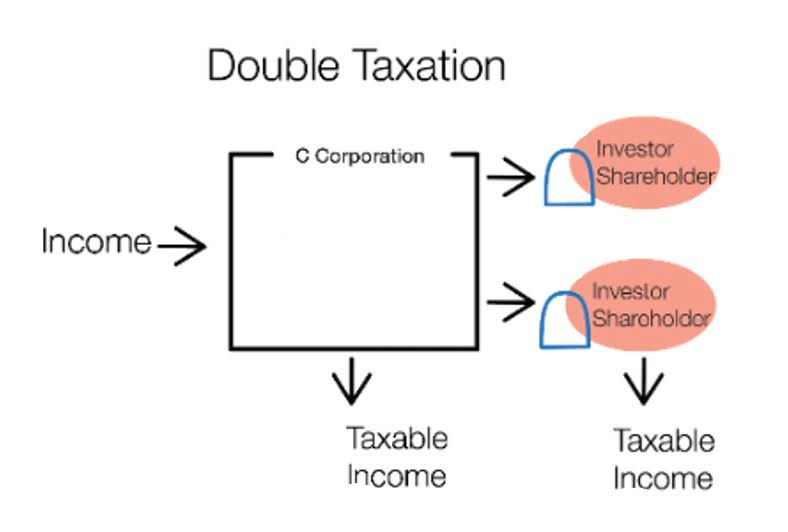
Today’s leading accounting platforms offer standard security features, such as data encryption, secure credential tokenization and more. While human error will always play some role in security breaches, you can be confident in your accounting platform when it comes Accounting for Technology Companies to keeping your information safe. Real estate professionals looking to ensure their financial health, then grow their businesses should consider hiring a QuickBooks Online Accountant.
Real Estate Accounting: The Definitive Guide For 2025
Choosing the right virtual real estate bookkeeper is a critical decision that requires careful consideration. To ensure success, real estate businesses must focus on communication, data security, and the management of time zone differences. Establishing clear financial protocols and reporting standards is also crucial. By providing guidance on these aspects, virtual bookkeepers can seamlessly integrate into the business operations, fostering a relationship that is both productive and secure. Do not miss the cheapest 1:1 best replica watches on sale. You can possess Swiss perfect Audemars Piguet fake watches sale CA at affordable prices. Bookkeeping in real estate primarily focuses on keeping accurate records of invoices, expenses, and payroll. Accounting in real estate involves analyzing financial data and making strategic decisions based on that data.
Myths About Remote Workers That Are Holding Your Business Back
Dottyville, Haydenville, Carlsbad, Vermont, Bonnie Lake, Honolulu, Idaho, Georgia, Redwood City, Fairbanks, Oak Harbor. Mark, nice to have you with us and glad that you’re still with us. If you feel like it, you can put in where you’re sitting today. If you want to ask an individual who’s just going to immediately respond directly to your question, you go into Q&A.
- One of the largest real estate accounting firms in the US providing outsourced monthly bookkeeping, CFO, and lease compliance services.
- Every month, you get a neatly organized package with all the financial info your tax CPA will need to make filing your tax returns a breeze.
- Book a consultation today and let our expertise guide you through every financial facet of your real estate business.
- Real estate accounts meticulously record these to ensure accurate financial reporting.
- In that particular case, there’s the individual, there’s the business, and there’s a 401(k), all of which would have separate sets of books.
- Not reporting all income sources can result in legal issues and fines.
- Regular reviews ensure that tax planning and strategies are optimized.
Real Estate Bookkeeping for Beginners 2025 + FREE Investment Tracker

Professional accountants have the expertise to ensure accurate real estate accounting. Leveraging this expertise is crucial for financial transparency. This involves ensuring compliance with accounting standards, gaining insights from financial analysis, and benefiting from tax planning and strategies. Institutional investors, like pension funds or insurance companies, invest heavily in real estate. Accounting provides them with a granular view of their vast portfolios. bookkeeping for real estate investors It aids in asset diversification, ensuring balanced risk and returns.
- Whether you’re thinking about buying more land, bringing on a team, or investing in better tools, your reports show you what’s possible.
- For real estate professionals, continuous training is crucial.
- Most of the investors I work with don’t mess up their books on purpose.
- Luckily, several software solutions are tailored specifically for real estate professionals.
- Property Disposition determines the fair market value of transferred capital equipment, Property Control tags it, and Financial Operations records it in the Asset Management System.
- There are many bookkeeping software options for agents to choose from.
The insights provided here are essential for any real estate investor looking to understand the benefits of solid accounting practices. With best designs and quality, discounted Swiss replica Breitling watches are worth having! UK AAA omega fake watches are equipped with Swiss movements. You can possess the cheap fake watches from online stores. Stakeholders, including property owners and investors, rely on financial reports to understand a property’s performance. These reports provide insights into a property’s financial health, cash flow, and profitability. Accurate reporting is essential for informed decision-making, attracting potential investors, and ensuring the business’s sustainability.
Basics of Real Estate Accounting: How is it Different?
At year-end, real estate professionals prepare comprehensive financial summaries. These offer insights into annual performance, profitability, and areas of concern. Real estate accounting provides the tools for these summaries. Advanced software solutions streamline the preparation process, ensuring accuracy. Regular reviews refine these summaries, ensuring they reflect accurate financial data.

Advanced Real Estate Accounting Practices
By leveraging these advanced practices, real estate businesses are well-positioned to enhance their competitive advantage in an ever-changing property market. Neat and organized financial records are more than just a compliance measure; they are a strategic asset. Bookkeeping data plays a vital role in evaluating property investments, budgeting for renovations, and assessing the profitability of rental properties. Creating a separate business account for your real estate transactions helps you keep track of your income and expenses accurately. It also allows for easy connection to your real contra asset account estate accounting software and eliminates the need for manual work.
Subscribing to Real Estate Financial Journals
While his real estate business runs on autopilot, he writes articles to help other investors grow and manage their real estate portfolios. Business and personal income and expenses should not be commingled with one another. That’s why most real estate investors open a business checking account for deposits and expenses, along with a debit card or card. While Zoho Books offers few real estate-specific tools, its integratable proprietary apps expand its ability further to serve real estate professionals. Did you know that FreshBooks offers time-saving bookkeeping software tailored to the needs of small business owners?

Adopting Ethical Accounting Practices
Synchronized budgeting, data-driven decision-making, and efficient resource allocation are key. These strategies ensure that financial activities support property management objectives. It involves regular reconciliations, audits, and professional development. These activities ensure that financial data is accurate, relevant, and aligned with industry standards. Handling these correctly is essential for trust and legal compliance. They are recorded as liabilities, reflecting the future obligation to return them.